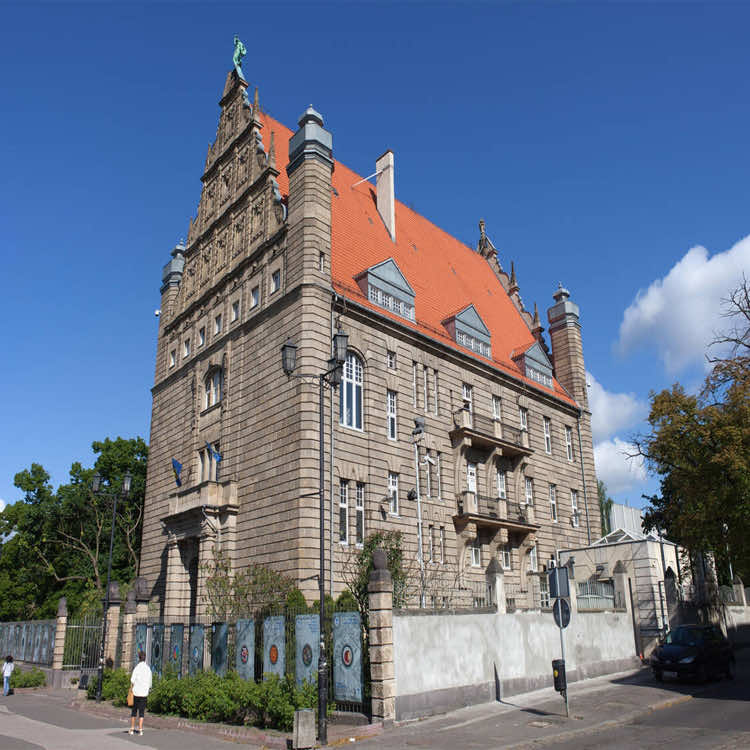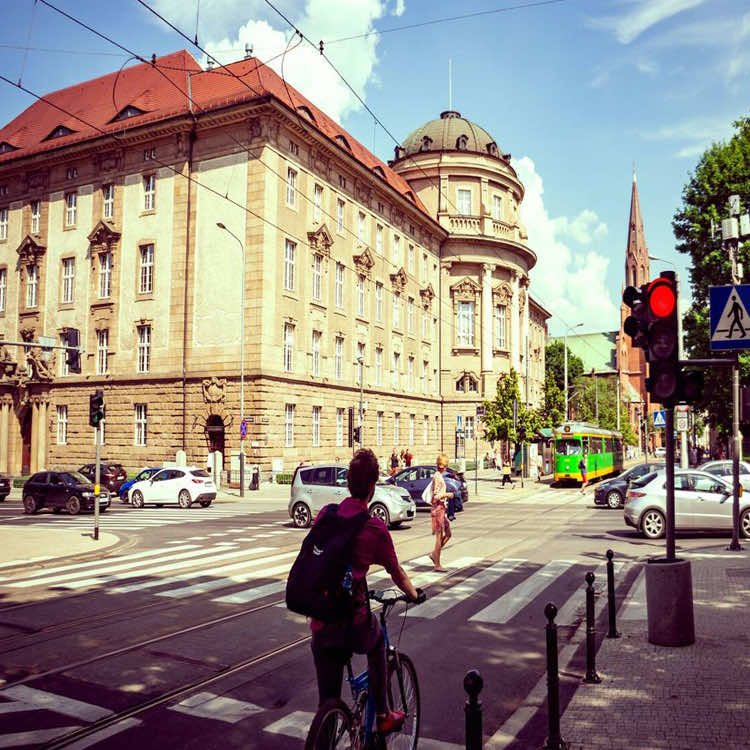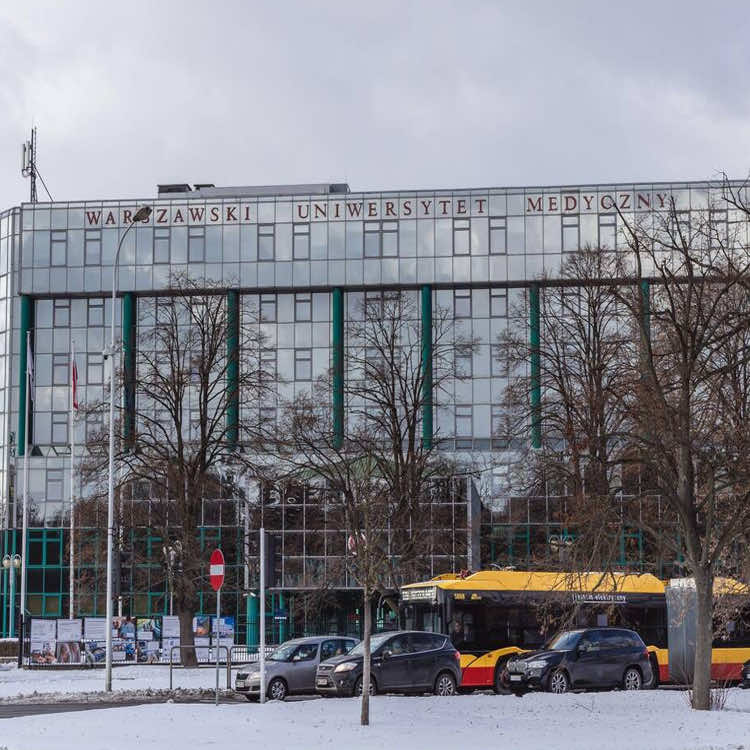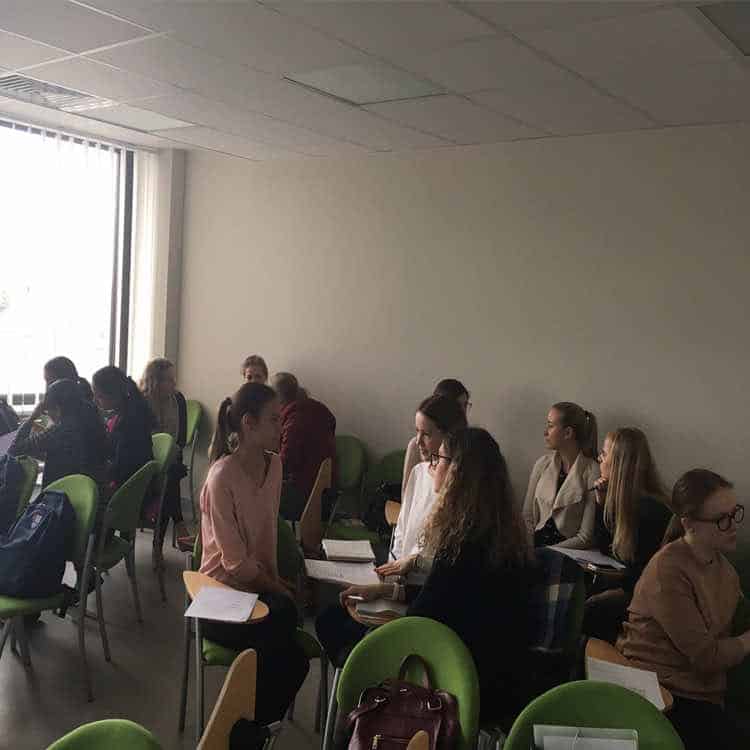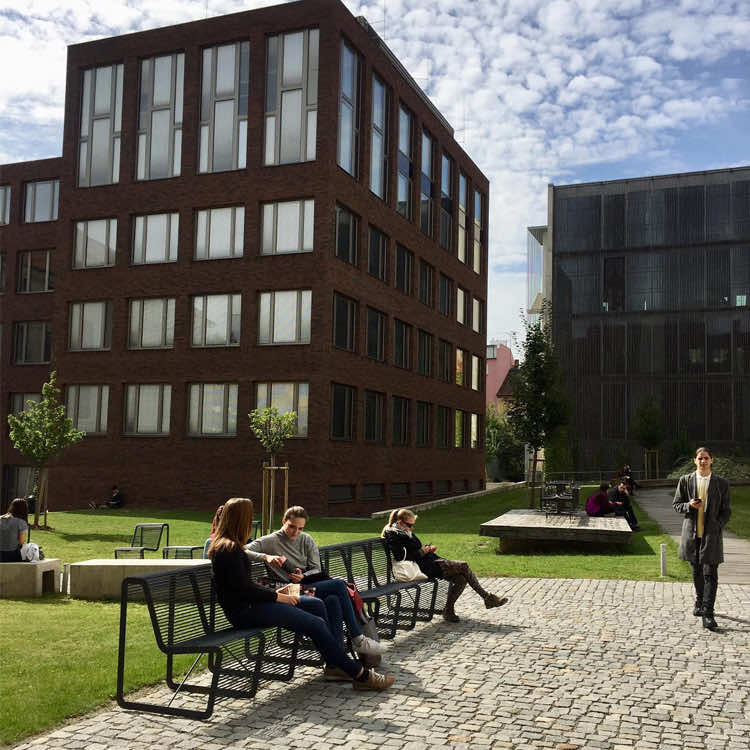Pharmacy
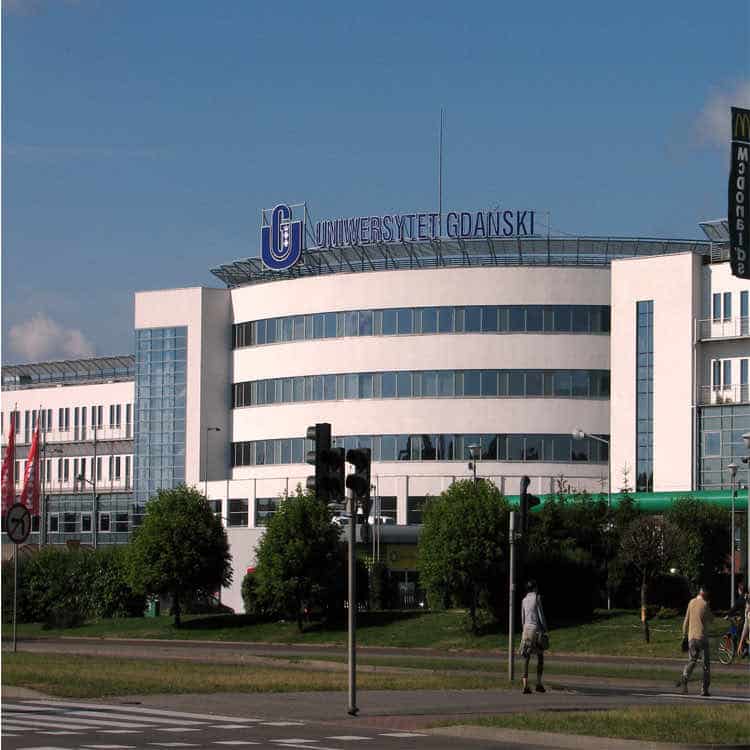

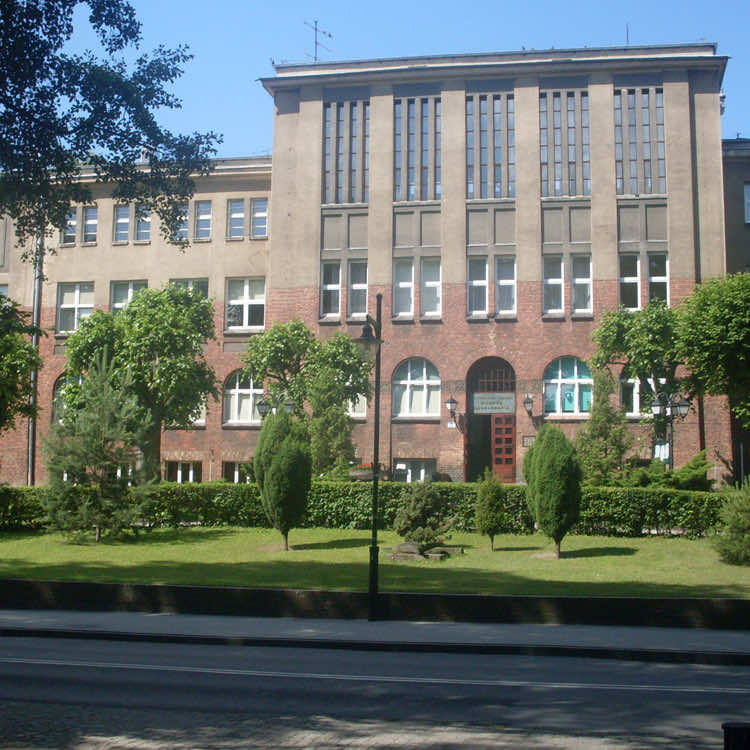
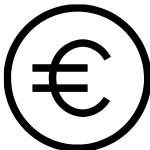
Tuition

Duration
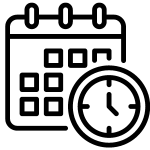
Admissions Deadline

Location
Profile
The Bachelor/Master of Pharmacy (BPharm) program at the Medical University of Gdańsk (MUG) is a 5,5-year program that provides students with the knowledge and skills needed to become pharmacists. The program is taught in English and is open to students from all over the world.
The program is divided into two main phases:
- The first phase is a 3-year pre-pharmacy phase that covers the basic sciences, such as biology, chemistry, and physics.
- The second phase is a 3-year pharmacy phase that covers the clinical sciences, such as pharmacology, toxicology, and pharmacy practice.
In addition to the core courses, students also have the opportunity to choose elective courses in areas such as pharmaceutical technology, pharmaceutical analysis, and clinical pharmacy. The program also includes a mandatory internship, which gives students the opportunity to gain practical experience in a pharmacy setting.
The BPharm program at MUG is a highly regarded program and graduates are in high demand by employers. The program has a strong alumni network, which can help graduates find jobs and advance their careers.
Here are some of the specific benefits of studying the BPharm program at MUG:
- The program is taught in English, which makes it accessible to students from all over the world.
- The program has a strong focus on clinical pharmacy, which prepares graduates for a career in patient care.
- The program is taught by experienced and qualified faculty members.
- The program has a strong alumni network, which can help graduates find jobs and advance their careers.
- The tuition fees for international students are relatively low compared to other universities in Europe and the United States.
Admissions Requirements
High School Diploma, entrance exam and two grades out of the following four subjects are required and taken for evaluation: Biology (obligatory) and Chemistry, Physics or Mathematics.
Map
Sorry, no records were found. Please adjust your search criteria and try again.
Sorry, unable to load the Maps API.
Related Programs
Program Information
Gdansk
Poland
- More than 4 years
- Full Time
- On Campus Learning
Additional Information
- Combined Degree
Considerations

